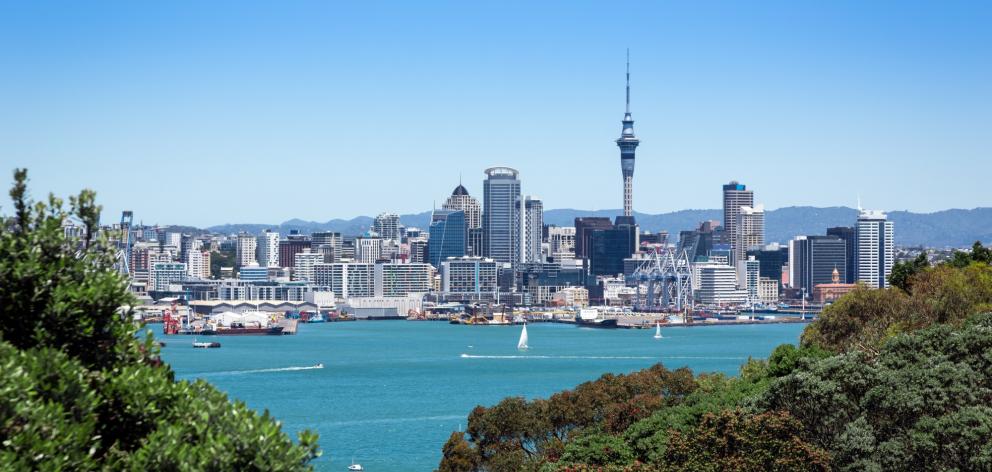
Hundreds of millions of dollars are being spent or lost and lives disrupted after multiple breaches of the rules by two families. One young man, in particular, who did not isolate when he should have, even went to a gym after feeling ill and having a Covid test.
If, as we learnt yesterday, the first family had been honest about contact with the second family while supposed to be in lockdown, this disaster could also have been prevented.
Despite understandable anger and frustration, punishment after the event, however, will be counterproductive. People will lie or not disclose to cover their rule-breaking. Possible chains of transmission and contacts will not be revealed.
Nevertheless, one of the lessons of this outbreak is to rely on trust as little as possible. As National’s Covid-19 spokesman, Chris Bishop, said, monitoring of self-isolators should be ramped up.
New Zealand could easily have been here before. Border incursions are now well into double figures. While the vaccination of border workers does provide another layer of protection, it is estimated it will be at least a year before most of the population is vaccinated.
Even then, the country will have to battle against Covid, albeit as a mostly livable scourge rather than as a widespread deadly threat.
It appeared the Government had the Papatoetoe cluster under control and its relaxation of levels after the three-day lockdown was appropriate and fair. This might well have been a mistake with the benefit of hindsight.
The issue is compliance. People, and most commonly young people, have not been following basic directions. Perhaps, the Government and most of the rest of us were naive in thinking that was possible.
The Government, and especially the Ministry of Health, does not escape blame. Despite many hard-won improvements over the past 12 months, parts of the ministry’s operations are still lethargic when these crises hit.
New Zealand’s lucky streak, supposedly, ended because of the community case from one of the few Papatoetoe High School families not contacted for about a week after contract tracers went to work. Apparently, various phone numbers were often tried.
The failure to door-knock within days, however, was not misfortune but lack of urgent drive. Any decent media reporter, when phone calls failed, would have been visiting the family home long before the first family positive test.
Similarly, the wait by patients for many hours for advice from Healthline is poor.
How many people, who should have been tested, simply gave up? An underlying message is that the Government, despite all the strong words, might not really care that much. Only now, late as usual, do we learn of further scaling of surge capacity on Healthline.
There remain major questions, too, about the lack of use of saliva testing.
Meanwhile, both New Zealanders and the Government are averse to the widespread use of the simple protection albeit only partially effective through mask use.
We need to learn more from East Asia and change our culture in this regard.
Dunedin is entitled to be nervous. There are students who have come here in the past weeks from South Auckland. A few are isolating but there could well be others not doing so.
The risk of the virus being in the city is low. But, as we have seen, and because just a few individuals’ actions can prompt a city-wide lockdown, low is not low enough. We must be on guard and we must follow the rules. Any hazard must be absolutely minimal.
We now wait out this week with anxiety, hoping the cluster is contained and then eliminated.














